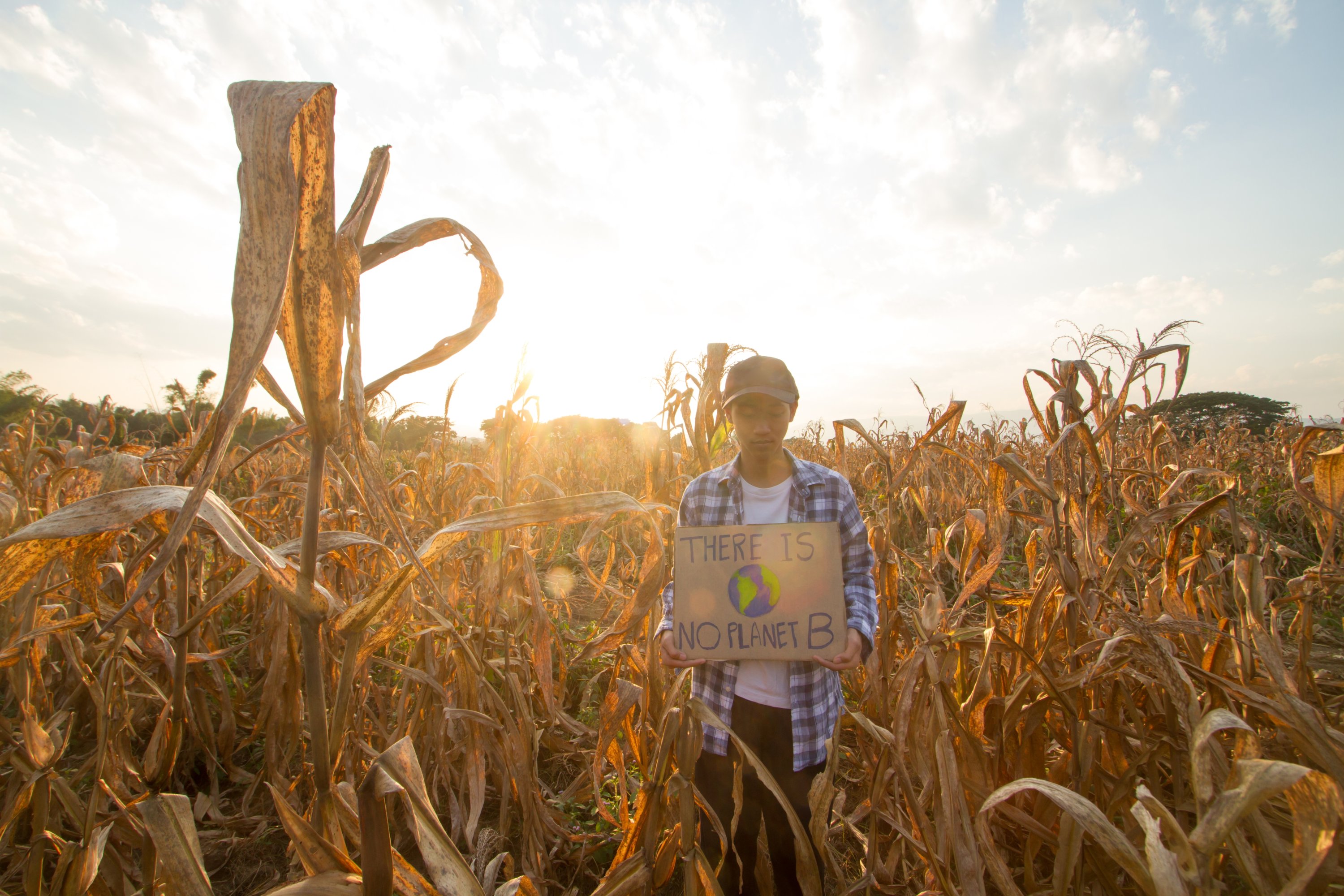© Turkuvaz Haberleşme ve Yayıncılık 2026
Both the meeting for agriculture ministers held under the umbrella of the Organisation for Economic Co-operation and Development (OECD) last week and the OECD evaluations and meetings regarding the ongoing global energy and food supply crisis this week have presented findings confirming that we are facing the worst global energy and food crisis in modern history.
The interconnection of the two global crises is defined by a “crisis triangle” in which three main topics come together: climate change, the COVID-19 pandemic, and the deep uncertainty and conflict triggered by the Russia-Ukraine war. Experts from OECD member countries briefly refer to this situation as “3C.”
One of the important topics that mesh the global energy crisis and the global food crisis is fertilizer. Artificial fertilizer is a product manufactured using fossil fuels and is an undisputed requirement for agricultural production. While the main raw materials for the production of chemical fertilizers are natural gas, phosphate rock and potash salt, Africa’s challenge in the financing of agricultural investments and the continent's access to ammonia, nitric acid, sulfuric acid and phosphoric acid, intermediate ingredients for the chemical fertilizer production of the continent, are being discussed at the meetings under the umbrella of the OECD. Africa, which is already struggling with the drought problem due to climate change and the main and aftershock effects of the global pandemic, is also experiencing serious difficulties in sourcing the raw materials required for agricultural products, food and production due to the Russia-Ukraine war.
Türkiye stands out among the few countries adamantly calling for solutions to the comprehensive problems of Africa to overcome the obstacles in question and works day and night for permanent solutions. Both the OECD Meeting of Agriculture Ministers and the meetings held thereafter point out that “radical solutions” should be found for geographies that have to use the most expensive inputs required for fertilizer and agricultural production, starting with Africa.

Countries under the umbrella of the OECD are aware that they need to act together effectively and with pragmatic solutions for the global food crisis, as the concerns that the crisis will worsen in 2023 are very strong. Global climate change also requires research and development together to improve agricultural production opportunities in higher temperatures and drier conditions.
Developing more durable products and converting the weight of crops to such products, restructuring and making existing food banks more efficient, eliminating imbalances and ensuring synchronization between short- and long-term investments in the agriculture and food industry are all critical. In addition, solutions, programs and global calls that will radically change consumer behavior, and the revision of logistics and packaging methodologies during production will remain on the agenda in order to eliminate the global waste of agricultural and food products, which has reached $1 trillion.
As a final point, the redesign of food systems on a global scale and radical transformation are among the common findings. An important part of the solution is financing. We have also witnessed the call for more innovative approaches in the financing of agriculture and food investments. These steps will undoubtedly intensify the interest of young people in the agricultural sector.
